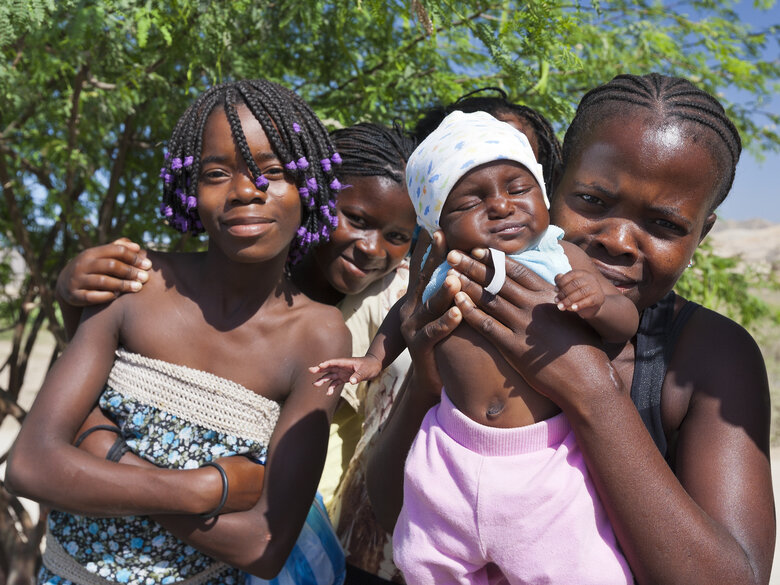
Yaerlinda Sanches Benavides; Ermelinda L. P. Vasconcelos Gonçalves; Antonio UlikaZénas; Aldo Jesùs Scrich Vàzquez e Yaquelin Alvero Saavedra.
Malaria is a disease that threatens 3.4 thousand million people worldwide, living in endemic areas such as Africa, Asia and America. With regard to malaria caused by Plasmodium falciparum in Angola, malaria is widespread throughout the country and is endemic in the 18 provinces, with higher incidence in the northern provinces, where treatment is based on combinations of Artemisinin, it is a health problem which hinders the development of this region and that adherence to drug therapy is one of the main factors influencing treatment efficacy. The main objective of the present investigation is to describe the epidemiological profile and adherence to the treatment of children under five years of age with clinical diagnosis of malaria in Moxico-Angola from september to october 2019. The quantitative approach of the scientific method cross-sectional and correlational study in a non-probabilistic sample for convenience in 150 patients diagnosed with malaria and with antimalarial treatment. The Morisky-Green-Levine test indicated a 41.3% adhesion 62 of a total of 150 patients, compared with other studies we considered this to be a negative adhesion. The results did not show statistically significant differences, which requires a more detailed study, with a larger sample size, necessary to confirm our observation.
Keywords: Malaria, Epidemiology, Adherence, Treatment, Moxico, Angola



